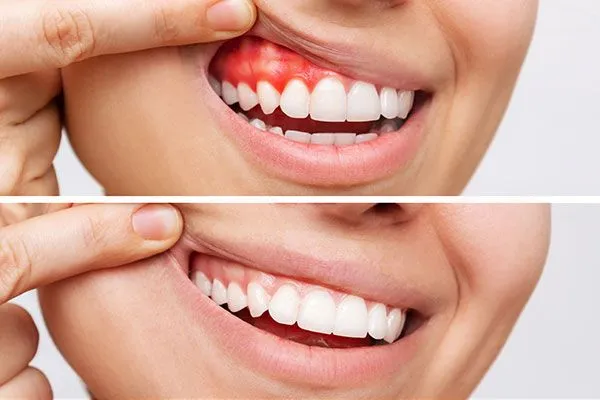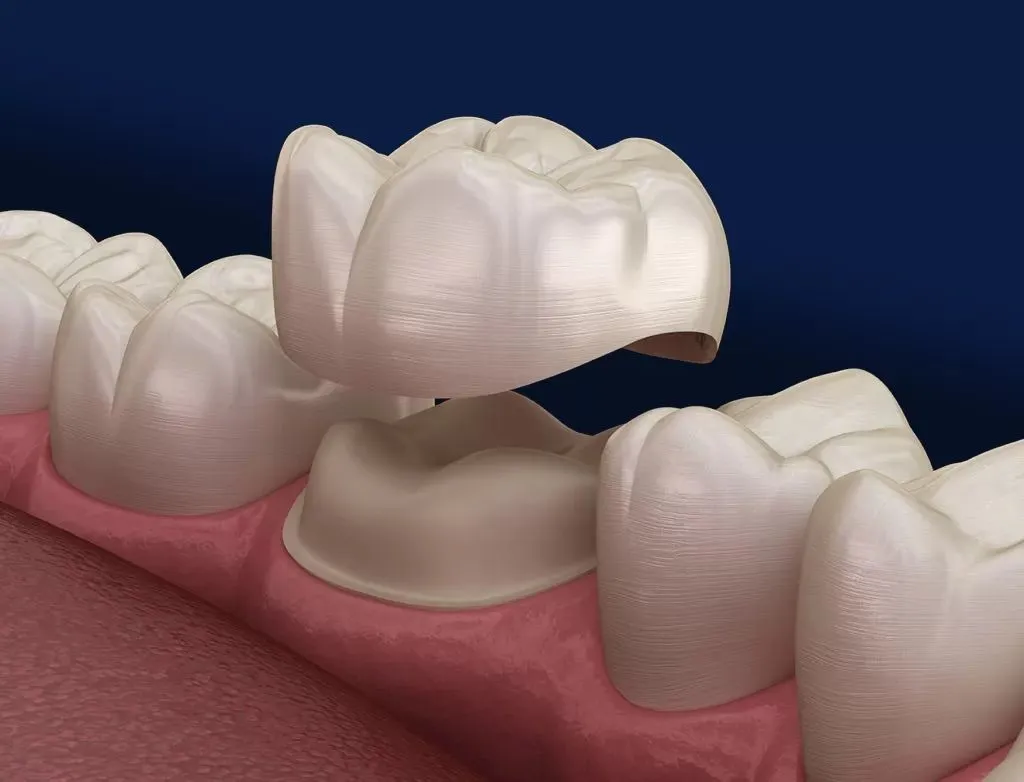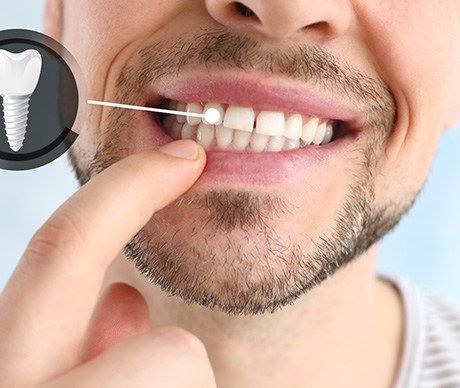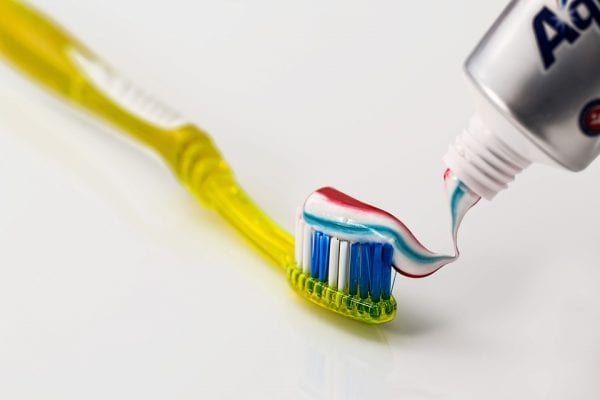Want Your Smile Back After Losing Natural Teeth? Consider Dental Implants as Replacements
Missing your real teeth is never a pleasing experience. You may have lost them to tooth decay, periodontal disease, root canal failure, congenital disabilities, and trauma to the mouth. However, the lost teeth leave you with one consequence, with gaps in your mouth impacting your smile. Other effects of tooth loss also affect you making life miserable and leaving you wondering how you must replace your natural teeth.
Replacing natural teeth is not a challenge if you consider options like dentures and dental bridges. However, if you want a replacement resembling and feeling like your natural teeth, the only option available is dental implants. Implants are fake tooth roots used for sustaining a rehabilitation for a missing tooth or teeth, helping to prevent jawbone resorption. The implant placement procedure is categorized as a form of artificial replacement and also as cosmetic dentistry.
When you lose your natural teeth, you become self-conscious about smiling or talking. Tooth loss also has a negative effect on your eating habits resulting in secondary health problems like malnutrition.
How Can You Get Dental Implants for Yourself?
First of all, you must visit the dentist near you for a consultation to determine whether implant placements are suitable for you. During the appointment, the dentist professionally examines your teeth and gums and evaluates bone density and quantity. The dentist takes x-rays, and CT scans to ensure sufficient jawbone structure for implant placement is present and determine the implant’s exact location.
The dentist advises you on the most appropriate treatment plan based on the condition of your oral tissues, dental hygiene, lifestyle habits, and commitment to follow after-care instructions. If you have insufficient bone or gum tissue, you may require bone grafts or use mini implants to replace your natural teeth. You also receive information on how much time the treatment process requires from the dentist. Undergoing implant placement requires multiple appointments with dental implants near you. The dentist will discuss all options, including anesthesia and the costs of the dental implants, during the initial consultation.
Before Implant Placement Procedure
If you have any underlying oral health issues, they require management before considering implant placement. Common problems like tooth decay and gum disease make the treatment less effective. Your dentist asks you to quit smoking if you are one because the risk of implant failure is higher among smokers. Your therapy for implant placement can begin only after your dentist confirms your mouth is healthy.
The Implant Placement Procedure
The implant placement procedure is performed by an oral surgeon in a single appointment but requires time for healing called osseointegration. Osseointegration is the process where the implant post anchors to the jawbone. You may complete osseointegration in as little as six weeks or require six months or more—failure of osseointegration results in implant placement failure.
After placing the implant, the surrounding gum tissue is secured over the implant. A protective cover screw is placed on top to allow osseointegration to occur. After six months of healing, the oral surgeon uncovers the implant to attach an abutment to hold your artificial tooth in place. Sometimes abutments are placed on the same day as implant placement. You receive a temporary crown over the abutment to serve as a template around which the gums grow and shape themselves naturally. The process is completed when a permanent restoration replaces the temporary crown.
Do You Still Want to Have a Natural Smile Back?
Reading about the procedure for implant placement can make you wonder how painful are dental implants? Instead of considering the temporary pain, you experience during the implant placement procedure, it would help if you feel the permanent discomfort you are currently exposed to by the adverse consequences of tooth loss. You will soon realize getting your natural smile back is not kid’s play and requires some effort from you if you wish to have natural-looking and feeling artificial teeth as replacements for your lost teeth. Think about how dental implants last you for a lifetime with proper dental hygiene, and the realization will make you forget any discomfort you may experience when having the implants inserted in your mouth. Suppose you are concerned about the pain during implant placement. In that case, you are likely not to feel anything because the dentist ensures you receive adequate anesthesia and sufficient painkillers after that to make you comfortable. Consider the benefits of having natural-looking and feeling teeth in your mouth again instead of the pain or discomfort. You will undoubtedly decide in favor of having dental implants in your mouth without delay.










